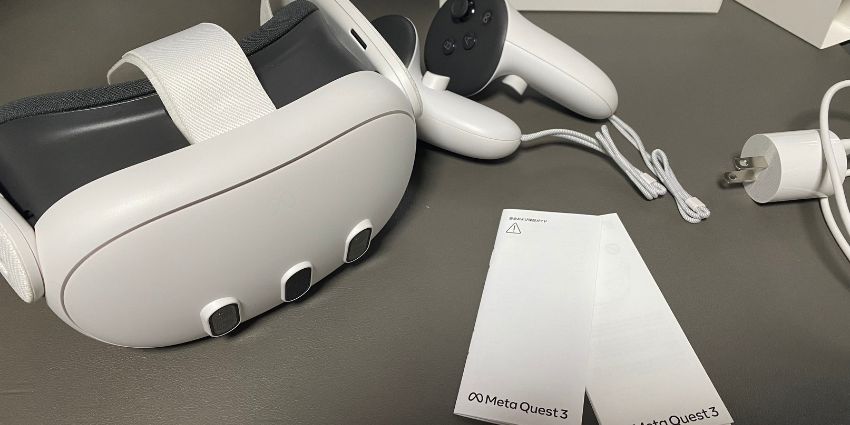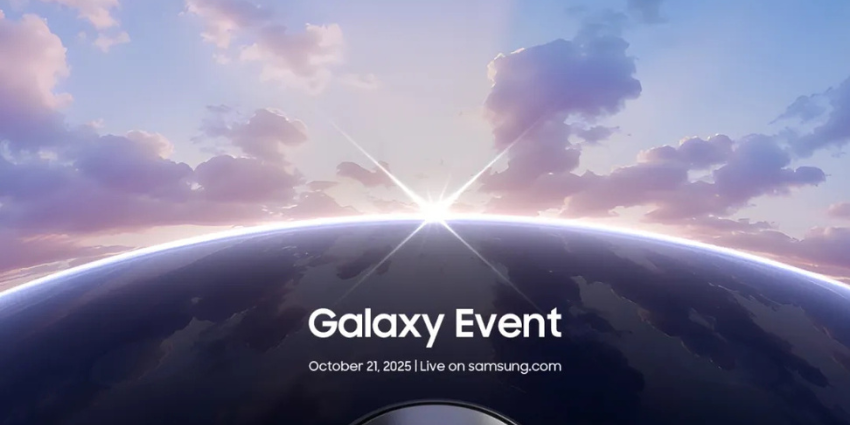Next month, on September 25-26, 2024, Meta Connect will take place, showcasing Meta’s latest digital solutions from its social media and XR portfolio. Historically, Connect is an event that reveals, among other things, deep insights into the firm’s XR roadmap.
Meta has not yet revealed details about the event, other than that it will feature several expected sessions, featured technology, and speakers such as CEO Mark Zuckerberg.
However, despite the date coming up soon, Meta has not revealed any details regarding the event or its announcements. In the months leading up to the event, news from Meta reveals what Zuckerberg may discuss during the event.
GenAI, Smartglasses, VR Headsets, and Quest Mixed Reality
NVIDIA CEO Jensen Huang and Meta CEO Mark Zuckerberg spoke in a SIGGRAPH keynote address about Meta’s future XR hardware ambitions and the direction of the technology alongside AI integration.
Zuckerberg noted that his firm’s use of AI, LLMs, and XR allows Meta to build an open ecosystem when it needs to establish a unique selling point for its XR investments. With hardware giants like Samsung eyeing the growing XR space, these interested companies bring pre-existing device ecosystems that could enhance the potential of new devices from Meta.
Zuckerberg doesn’t believe that XR devices will completely replace the need for other traditional devices, such as smartphones or laptops. In terms of future-leading XR devices, Zuckerberg said, “When we think about the next computing platform, we break it down into mixed reality, the headsets, and the smart glasses.”
In the most recent Big XR News Show, Cam Stevens, CEO and Lead Consultant at Pocketknife Group discussed Meta’s broader ecosystem and explained how competitors have an edge due to device ecosystems.
Stevens noted:
Meta doesn’t have a hardware ecosystem number 1, but they’ve got a reputation. Unfortunately, in enterprises, they have a reputation whether you like it or not.Having said that, maybe what breaks down that reputation might be things like the Llama LLM that’s performing quite nicely. Where people are using Llama over Gemini or over CoPilot/OpenAI, large language models. Maybe Llama is what will break through as being that enterprise player that connects people.
Since their release in October last year, the latest Ray-Ban Meta smart glasses have seen increased sales compared to the previous version. This has led to reports of Meta being in talks to acquire a five percent stake in Ray-Ban’s owner, EssilorLuxottica. Based on LSEG data, Reuters has calculated that the stake could be worth $4.73 billion, considering an overall company valuation of over $94 billion.
A Rocky Road Ahead of Connect
Despite new hardware teases from Meta, the road is not entirely clear. Earlier this week, NVIDIA’s long-awaited Blackwell chipset was delayed due to design flaws. The roughly three-month delay may prove taxing on awaiting firms such as Meta, Google, and Microsoft as each race to the front of AI innovation.
In addition, Meta has released its Q2 2024 earnings call, which provides essential insights into the company’s operations. During the earnings call, Meta announced that its total revenue reached $39.07 billion, reflecting a 22% increase from the previous year. Along with the rise in revenue, the company’s total costs and expenses amounted to $24.22 billion, showing a modest 7% increase year-over-year. Furthermore, Meta’s Q2 capital expenditures, including principal payments on finance leases, totalled $8.47 billion.
Mark Zuckerberg, the Founder and CEO of Meta, added:
We had a strong quarter, and Meta AI is on track to be the most used AI assistant in the world by the end of the year. We’ve released the first frontier-level open source AI model, we continue to see good traction with our Ray-Ban Meta AI glasses, and we’re driving good growth across our apps.
Meta indicated that its forecasts anticipate increasing operating losses year over year for the Meta Reality Labs division due to XR product research and development cycles.








